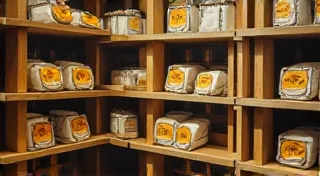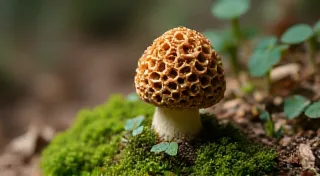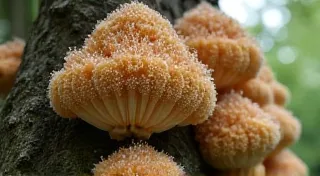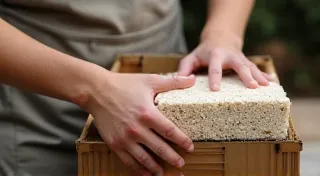Shiitake Mushroom Growing: Techniques for Flavorful Harvests
Shiitake (Lentinula edodes) mushrooms are a beloved gourmet variety, known for their rich, savory flavor and meaty texture. While they may seem intimidating to grow, with the right techniques and a bit of patience, you can successfully cultivate these delectable mushrooms at home. This guide will explore several methods, from traditional log inoculation to more modern sawdust block cultivation, providing you with the knowledge to maximize your yield and enjoy incredibly flavorful harvests.
Understanding Shiitake Biology
Before diving into cultivation methods, it's important to understand some basics. Shiitake mushrooms are a wood-decaying species, meaning they thrive on hardwood trees. They have a relatively long fruiting cycle compared to some other varieties, typically requiring cooler temperatures and periods of moisture to trigger pinning (the formation of tiny mushroom heads).
Log Inoculation: A Traditional Method
Log inoculation is the most traditional and arguably the most rewarding method for growing Shiitake mushrooms. It requires some initial effort but provides a sustainable, low-maintenance system.
Choosing the Right Logs
Oak, maple, beech, and birch are excellent choices for Shiitake log inoculation. The logs should be freshly cut (within 3-4 weeks) and approximately 4-6 inches in diameter and 3-4 feet long. Avoid logs that show signs of rot or infestation.
Inoculation Process
Shiitake spawn comes in two primary forms: sawdust spawn and plug spawn. Plug spawn is generally easier for beginners. Drill holes (approximately 5/16 inch diameter and 1-1.5 inches deep) in a diamond pattern across the log. Insert the plug spawn into each hole, ensuring a snug fit. Seal the holes with melted wax to prevent contamination and moisture loss.
Incubation and Fruiting
Stack the inoculated logs in a shaded, humid location. They require a cool, dark period (incubation) for 6-12 months to allow the mycelium (the vegetative part of the mushroom) to colonize the log. Soaking the logs in cold water for 24 hours every few weeks during the incubation period helps maintain moisture. After the incubation period, you can stimulate fruiting by soaking the logs again or creating a humidity tent.
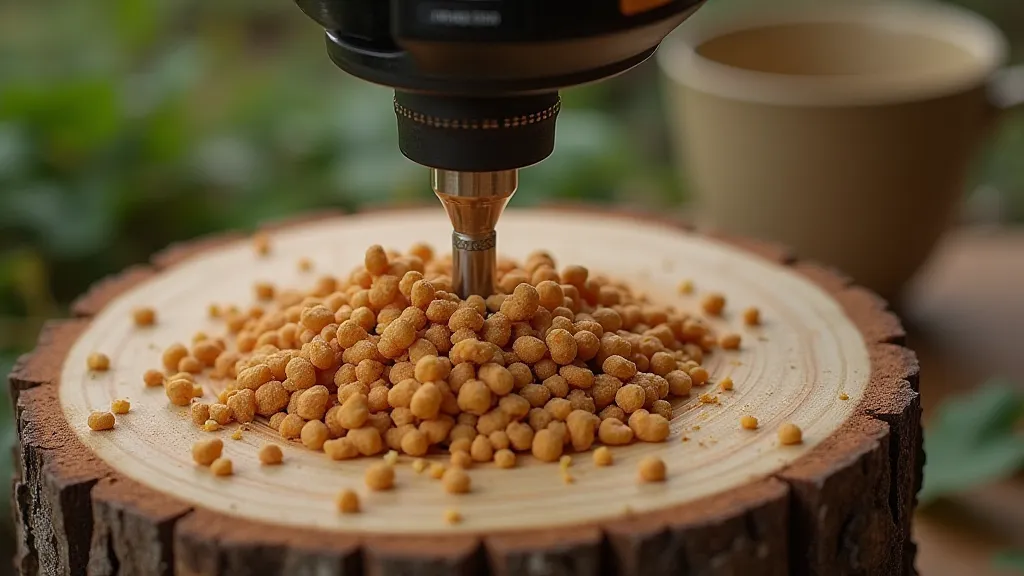
Sawdust Block Cultivation: A Faster Approach
Sawdust block cultivation is a faster and more controlled method compared to log inoculation. It's well-suited for smaller spaces and allows for quicker harvests.
Preparing the Substrate
The substrate typically consists of hardwood sawdust (oak or maple), supplemented with wheat bran and gypsum. The mixture is hydrated to a specific moisture content and sterilized (typically through pressure cooking) to eliminate competing organisms.
Inoculation and Colonization
The sterilized substrate is inoculated with Shiitake grain spawn. The bags are then incubated in a dark, warm environment (around 75-80°F) until the mycelium fully colonizes the substrate (usually 2-4 weeks).
Fruiting Conditions
To trigger fruiting, the bags need to be exposed to cooler temperatures (50-65°F) and high humidity (85-95%). Light is also necessary for pinning. Misting the bags regularly will help maintain humidity.
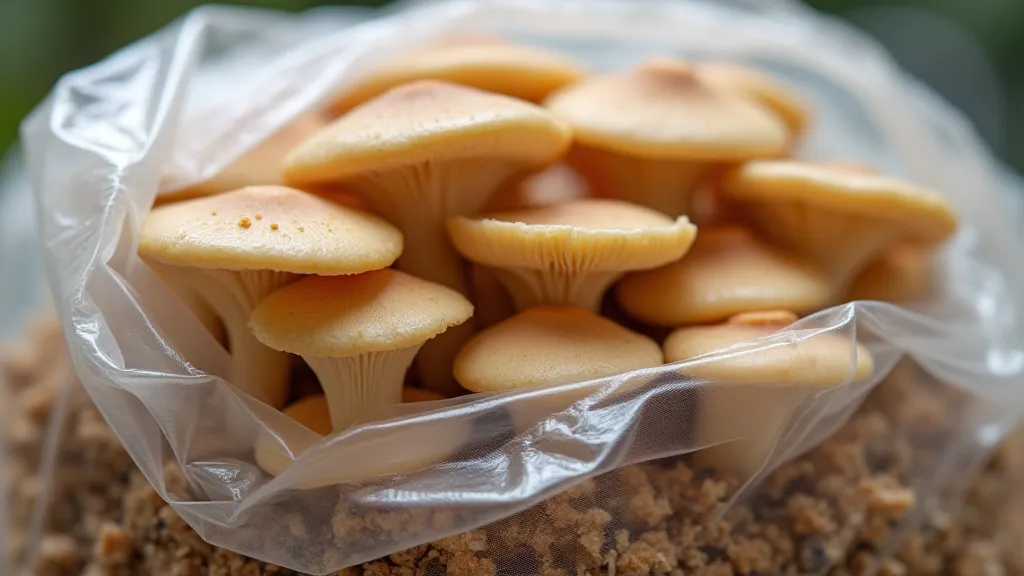
Tips for Maximizing Yield and Flavor
- Maintain Humidity: Shiitake mushrooms thrive in humid environments. Regular misting is crucial for both log and block cultivation.
- Temperature Control: Fluctuations in temperature can impact yield and quality. Consistent temperatures are ideal.
- Fresh Air Exchange: Provide adequate ventilation to prevent the buildup of carbon dioxide.
- Harvesting: Harvest the mushrooms when the caps are still slightly curled under – this is when they are at their peak flavor.
Troubleshooting Common Issues
Contamination is a common challenge in mushroom cultivation. Proper sterilization of the substrate is essential to prevent mold and other unwanted organisms from taking hold. If you suspect contamination, isolate the affected logs or blocks to prevent the spread.
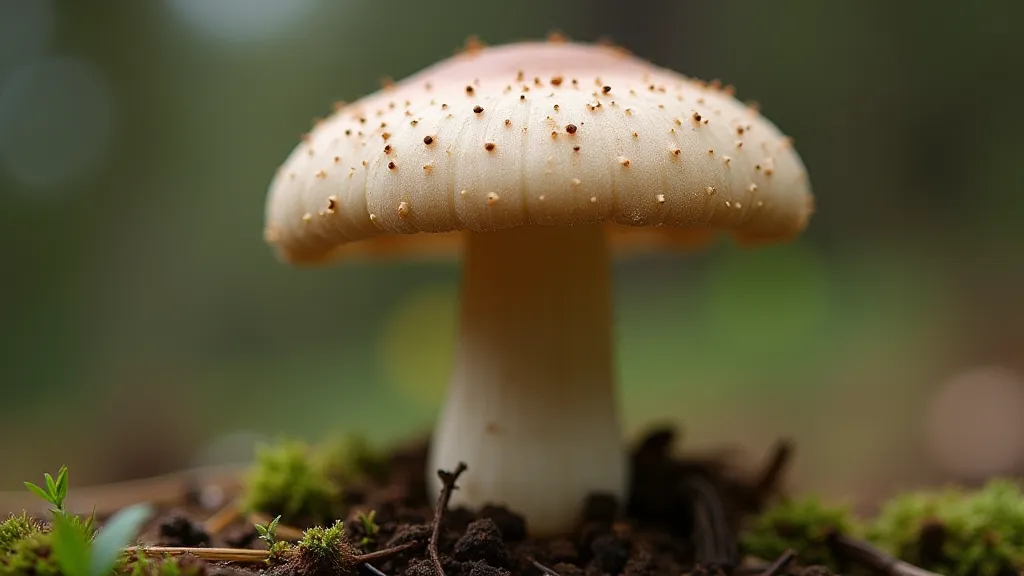
Conclusion
Growing Shiitake mushrooms at home is a rewarding experience that allows you to enjoy the unparalleled flavor of these gourmet delicacies. Whether you choose the traditional log inoculation method or the more controlled sawdust block technique, with patience and attention to detail, you can successfully cultivate Shiitake mushrooms and impress your friends and family with your homegrown harvest. Happy growing!
